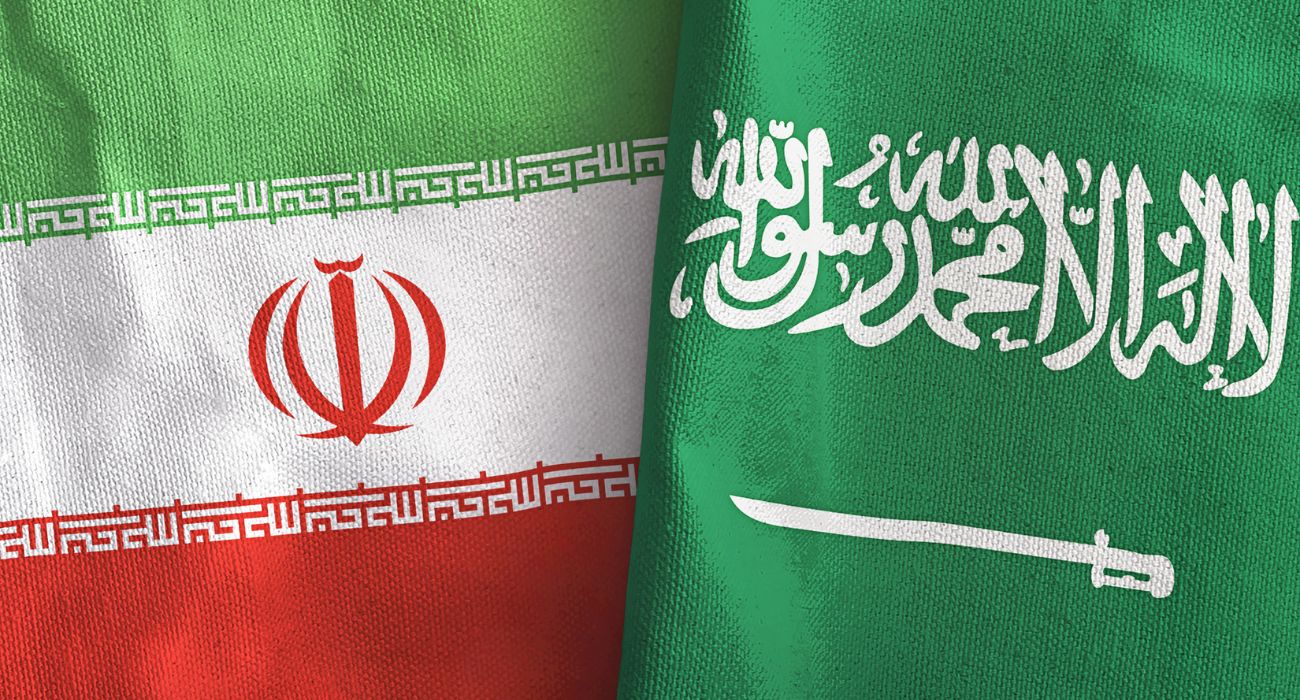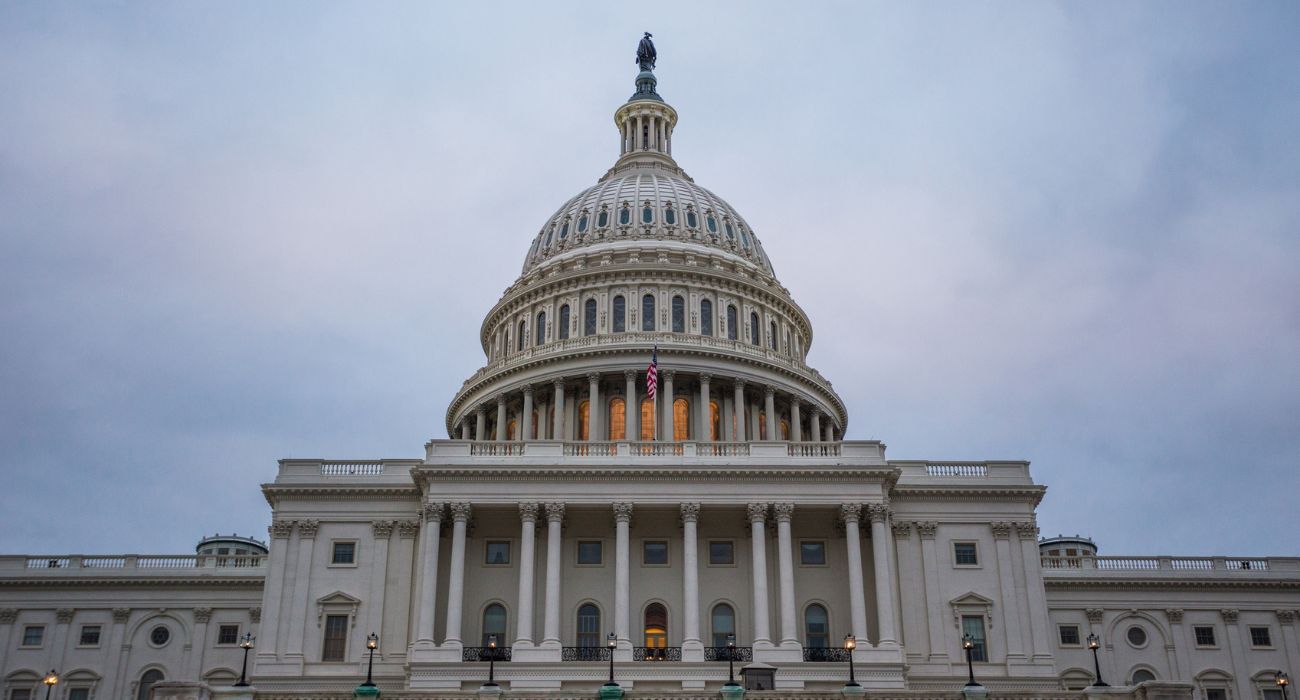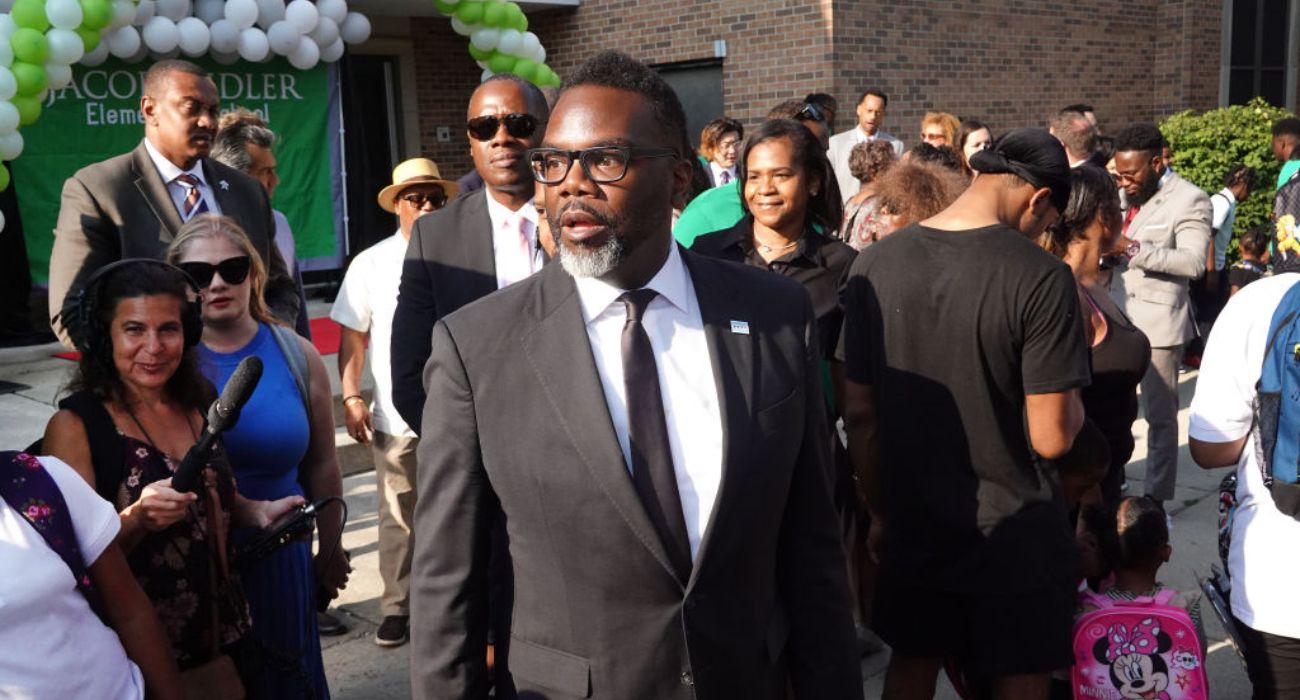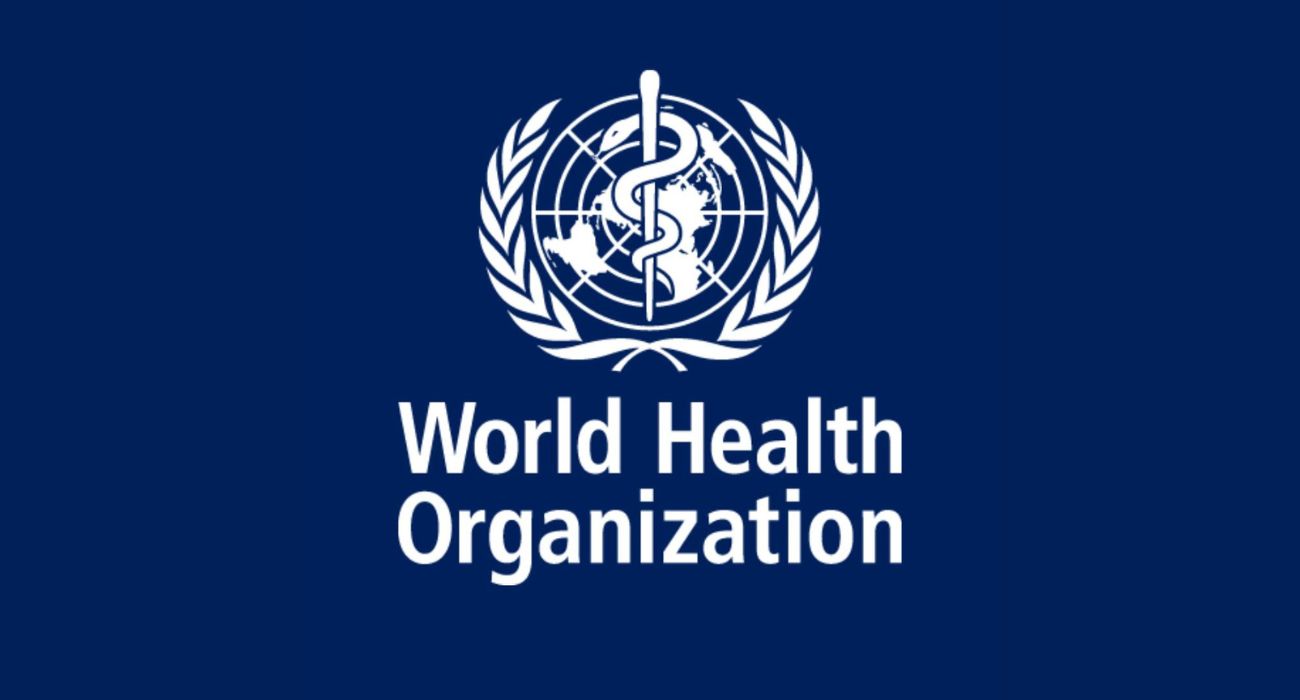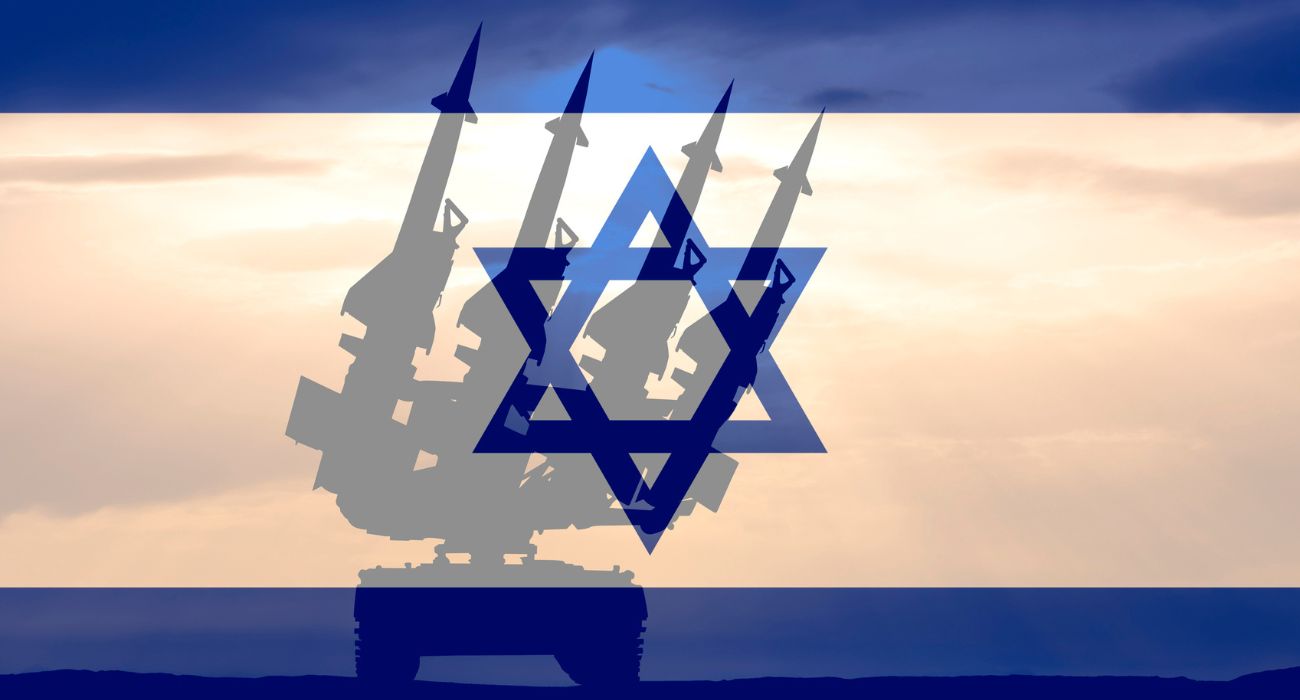After seven years of severed diplomatic relations, Iran and Saudi Arabia have agreed to restore ties and reopen embassies within the next two months.
The breakthrough came after Chinese-brokered talks in Beijing, The Guardian reported. Considering that Iraq had been the host of previous Iran-Saudi Arabia talks, the role played by China in this agreement was surprising to some.
As The Dallas Express recently reported, China also aims to broker peace between Russia and Ukraine, with Chinese President Xi Jinping planning to visit Russian President Vladimir Putin in Moscow this spring.
Speaking before the Pentagon late last year, U.S. Secretary of Defense Lloyd Austin spoke, per PBS News Hour, about Beijing’s desire to “reshape the international order,” noting that it “increasingly [has] the power to do so.”
The opening of diplomatic relations between Iran and Saudi Arabia — both oil-producing leaders in the Middle East — is expected to have wide-ranging implications in the region and abroad.
For many years, the animosity between Iran and Saudi Arabia has been a dominant feature in Middle East politics, extending its reach to countries like Syria, Iraq, Lebanon, and Yemen.
Iran predominantly practices Shia Islam while Saudi Arabia follows Sunni Islam, per the Council on Foreign Relations. This sectarian division has served to justify each country’s ambitions when they have gone against those of the other.
This is what happened in 2016 when ties between Tehran and Riyadh disintegrated. The Shia cleric, Nimr al-Nimr, was executed along with 46 others accused of engaging in terrorism by the Saudi government. In response, Iranian protesters attacked Saudi diplomatic missions. Riyadh, in turn, cut diplomatic ties with Tehran.
The decreasing tensions between Iran and Saudi Arabia may play a significant role in reducing sectarian tensions across the Middle East, such as in Yemen.
Both sides have been engaged in a proxy war in Yemen, where factions have been at war since 2014. Already the poorest nation in the Middle East, Yemen has suffered heavy loss of life during the civil war. The United Nations estimated in 2022 that 233,000 had died, including as many as 131,000 “from indirect causes such as lack of food, health services, and infrastructure.”
Whether the Iran-backed Houthi faction will stop its drone and missile strikes against the Saudi-backed coalition government in Yemen is yet to be seen. While some believe that peace might be achieved, others have questioned what it would mean in the long term.
Yet another implication of diplomatic relations opening up between Iran and Saudi Arabia is that it could impact U.S.-led efforts to isolate Iran economically through sanctions.
Iran’s nuclear program is curbed by the Iran nuclear agreement signed in 2015 between Tehran and other world powers, including the U.S.
Despite this, as The Dallas Express recently reported, Tehran has made strides in nuclear armament. Under Secretary of Defense for Policy Colin Kahl recently testified that the country will soon have enough enriched uranium to build a nuclear weapon, per ABC News. This has brought tensions between Iran and Israel to a boiling point.
It is important to note as well that the U.S. has strong economic and security ties with Saudi Arabia while China has been Iran’s main partner in trade since 2010.
While it is yet to be seen how opening diplomatic channels between Iran and Saudi Arabia will impact these issues, both countries have consented to respect each other’s state sovereignty, not to intervene in their respective internal affairs, and to activate a security cooperation agreement initially signed in 2001.
“The return of normal relations between Iran and Saudi Arabia provides great capacities to the two countries, the region, and the Islamic world,” said Hossein Amir-Abdollahian, Iran’s foreign minister, per The Guardian. “The neighbourhood policy, as the key axis of the government’s foreign policy, is strongly moving in the right direction, and the diplomatic apparatus is actively behind the preparation of more regional steps.”

